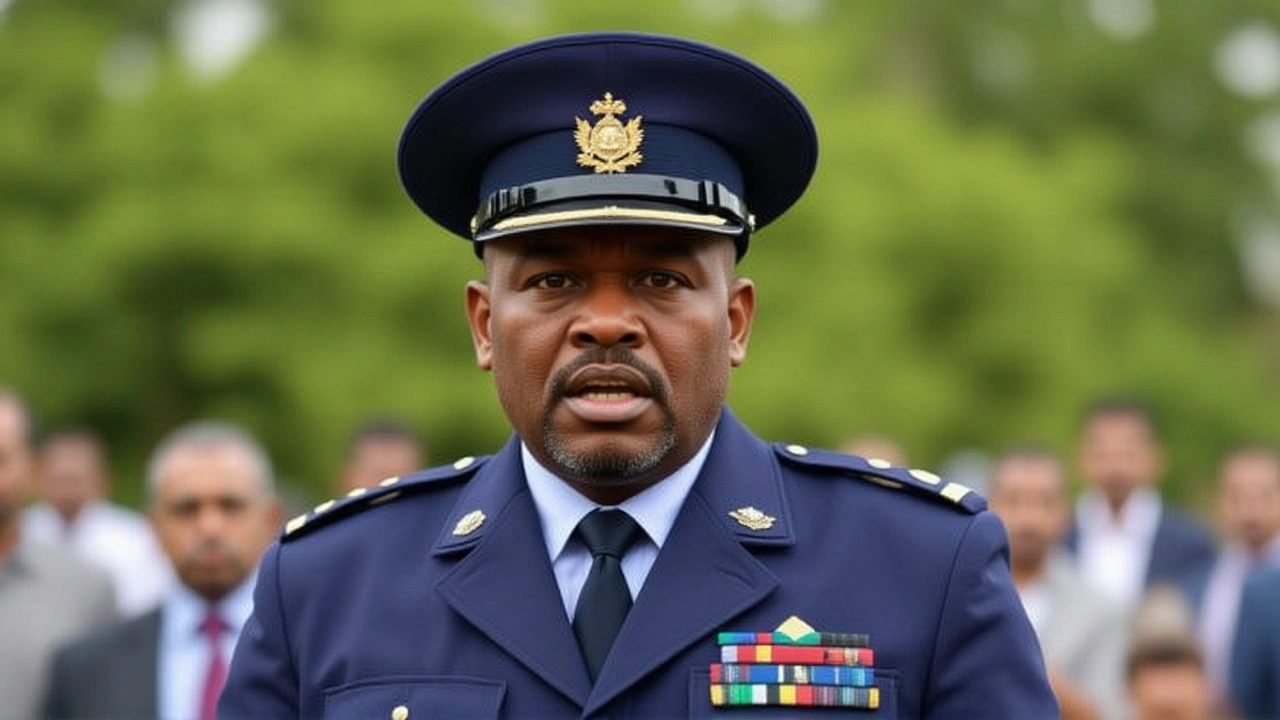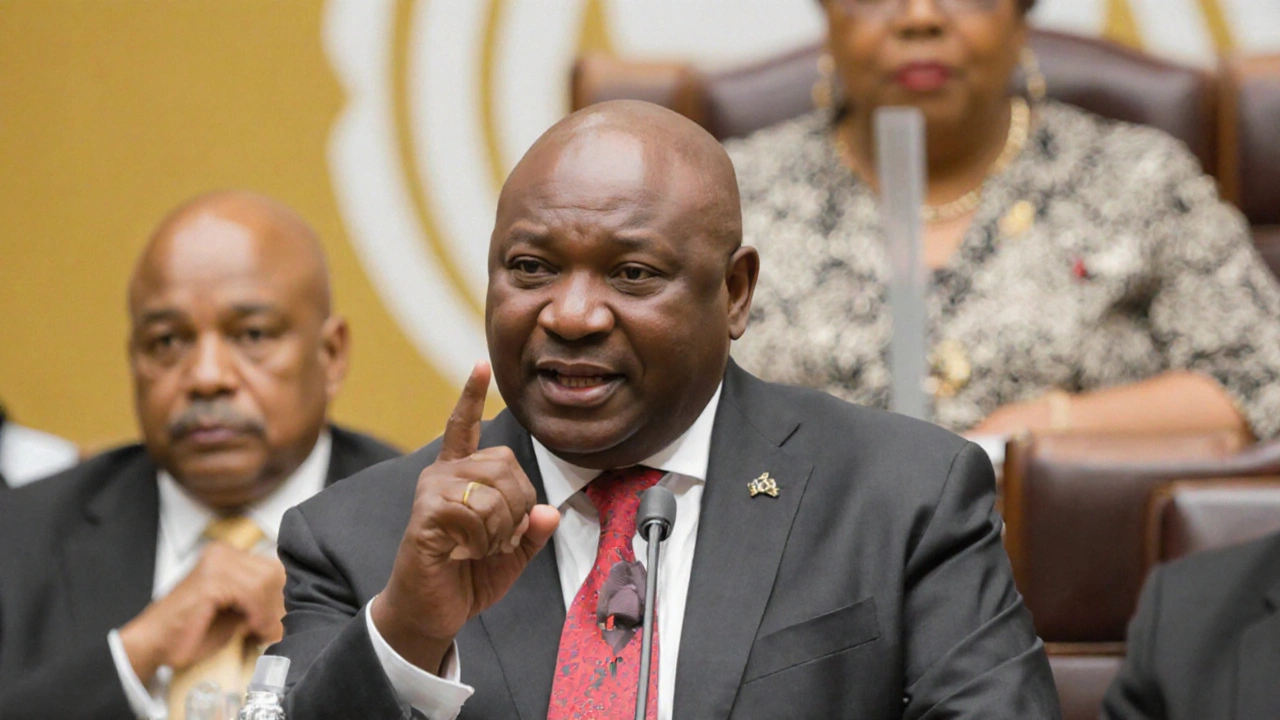Police Corruption
When talking about Police Corruption, the abuse of police power for personal gain—bribery, extortion, fraud or collusion with criminal networks. It’s also known as law enforcement corruption. This problem erodes public trust, hampers justice and costs economies billions. Understanding its forms and the forces that enable it is the first step toward real change.
police corruption isn’t a single act; it’s a web of behaviors that often slip through weak oversight. One major driver is political interference, when politicians use their influence to protect offending officers or to direct investigations for personal gain. Another key player is the South African Police Service, the national law‑enforcement agency responsible for maintaining order across South Africa. When the service lacks transparent accountability, the risk of corruption spikes.
How Oversight Bodies Try to Contain the Problem
In South Africa, the Madlanga Commission, a parliamentary inquiry set up to investigate alleged misconduct within the police ranks has become a focal point for exposing abuse. Recent testimony from National Police Commissioner Fannie Masemola highlighted alleged political meddling and sparked a heated debate about the independence of investigations. The commission’s work illustrates a classic semantic triple: Police corruption requires effective oversight; oversight mechanisms influence the prevalence of corruption.
Another essential concept is law enforcement accountability, the system of checks, audits and public reporting that holds police officers answerable for their actions. Strong accountability reduces opportunities for bribery, strengthens whistle‑blower protection and restores citizen confidence. When accountability is missing, the link between political interference and police corruption becomes stronger, creating a feedback loop that entrenches misconduct.
Putting these pieces together, we can see three clear relationships: (1) Police corruption encompasses a range of illegal actions, (2) it is amplified by political interference, and (3) it can be curbed through robust oversight like the Madlanga Commission and solid accountability frameworks. These connections guide the stories you’ll find below, from high‑profile testimonies to on‑the‑ground investigations.
Below you’ll discover a curated mix of reports that illustrate how corruption shows up in headlines, how commissions react, and what reforms are being pushed. Whether you’re tracking the latest testimony, studying systemic issues, or looking for lessons on building stronger oversight, the collection gives you a practical window into the current state of police corruption across the continent.

Sibiya Testifies on Ties to Mogotsi and 'Cat' Matlala in Police Corruption Probe
Nov 5, 2025, Posted by Ra'eesa Moosa
Shadrack Sibiya admits contact with Brown Mogotsi and 'Cat' Matlala as Parliament investigates the disbanding of the PKTT. WhatsApp messages suggest Mogotsi acted as a middleman between suspended Minister Senzo Mchunu and a murder suspect tied to a corrupt police tender.
MORE
Madlanga Commission’s First Week Exposes Police Corruption and Political Interference
Sep 26, 2025, Posted by Ra'eesa Moosa
In its opening week, the Madlanga Commission heard powerful testimony from KwaZulu‑Natal Police Commissioner Nhlanhla Mkhwanazi. He alleged that Police Minister Senzo Mchunu colluded with criminal syndicates and ordered the shutdown of a high‑performing task force probing political murders. The hearing also raised concerns about financial abuse, the safety of whistle‑blowers and the wider impact on South Africa’s justice system.
MORE